
Adolf Hitler’s role as a military strategist remains a subject of heavy debate. Though early victories showed intelligence, his increasing interference in battlefield decisions steadily undermined Germany’s war effort. This list highlights ten major miscalculations that accelerated the decline of Nazi military power across multiple fronts.
Delaying The Invasion Of The Soviet Union
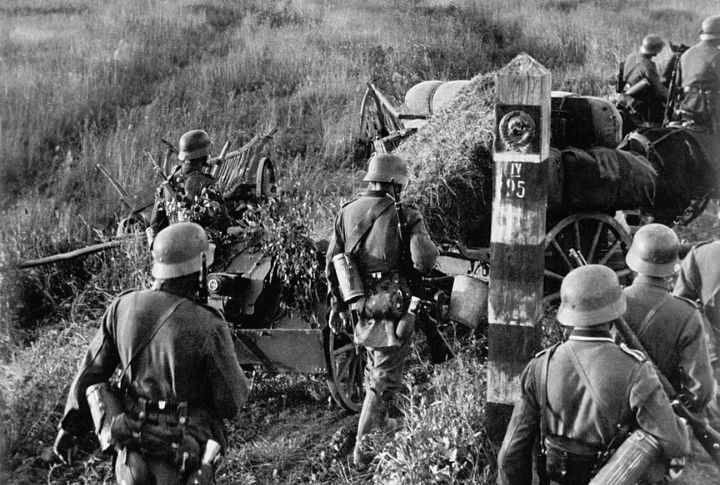
Operation Barbarossa was delayed by five critical weeks as Hitler diverted troops to the Balkans. This postponement gave the Soviets time to reinforce defenses. When the Germans advanced, they faced a brutal winter unprepared. The delay proved costly because Moscow remained in Soviet hands—it marked a primary missed objective for Germany.
Opening A New Battlefield Against The U.S. Too Soon
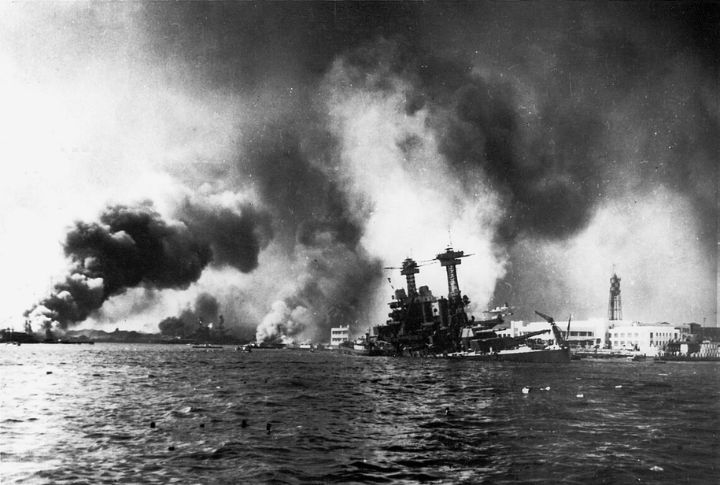
Hitler declared war on the United States unprovoked after Pearl Harbor. He underestimated the nation’s vast industrial and military power. After that, America’s entry opened new fronts in North Africa, Italy, and France, which forced Germany to spread its forces thin across multiple theaters. Such a shift tilted the balance of the war firmly against the Nazis.
Underestimating Soviet Resistance At Stalingrad
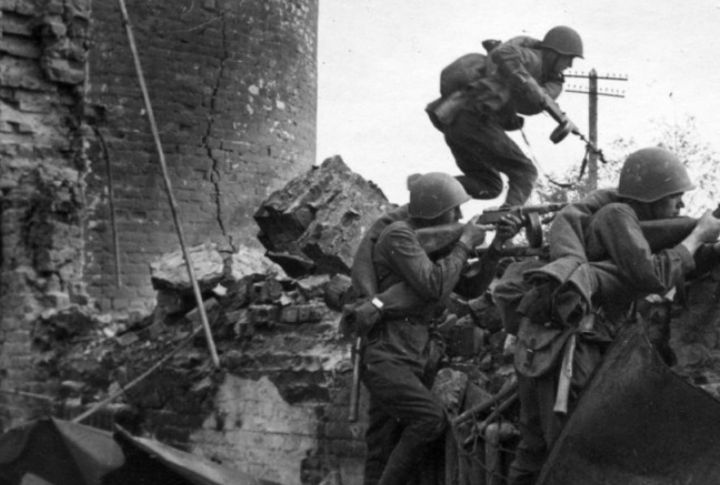
His refusal to authorize withdrawal led to the 6th Army’s encirclement and destruction by the Soviet Army. The operation yielded over 800,000 Axis casualties and irreparably weakened Germany’s offensive capability. The outcome significantly shifted the strategic balance, reversing German advances and boosting Soviet confidence in sustained resistance and counteroffensives.
Halting The Advance At Dunkirk
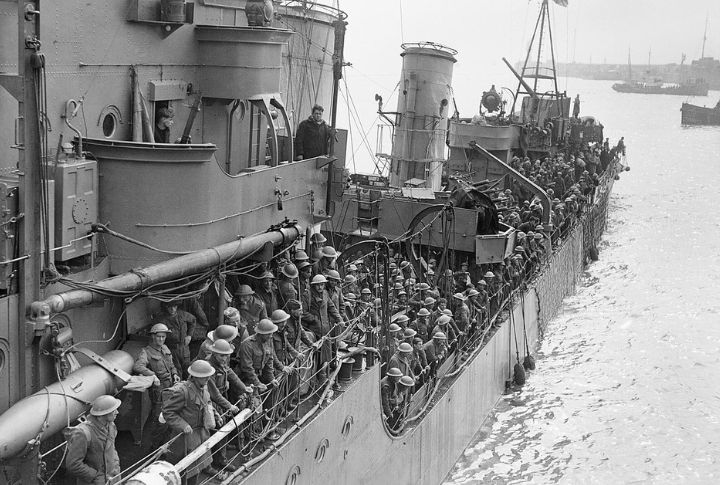
Hitler ordered a sudden halt just miles away as Allied forces were trapped, baffling his generals. The pause allowed approximately 330,000 soldiers to escape by sea at Dunkirk. Germany’s air force, the Luftwaffe, also couldn’t prevent the massive evacuation. Due to this decision, the British army survived and lived to fight another day in the war.
Dividing His Forces During Operation Barbarossa
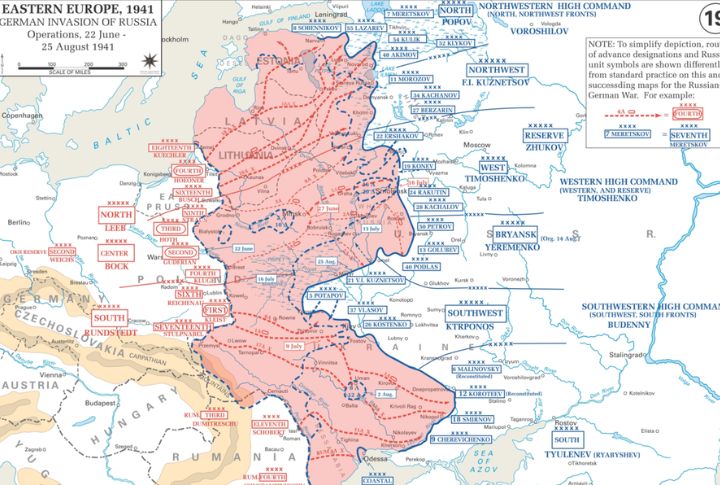
Instead of focusing on Moscow, Hitler divided his units into three directions. The overambitious, three-pronged attack stretched German supply lines thin. No single objective was decisively achieved, and progress stalled on all fronts. Soviet resistance quickly capitalized on this dispersion and slowed the German advance. This weakened the overall momentum of their campaign.
Falling For Allied Deception Before D-Day

Convinced that the main Allied invasion would target Calais, German troops were misled by dummy equipment and fake radio traffic. That deception kept the Panzer divisions away from Normandy. And when the real invasion began, German commanders had no reinforcements ready. This successful ruse allowed the Allies to secure a critical foothold in France.
Refusing To Retreat In North Africa
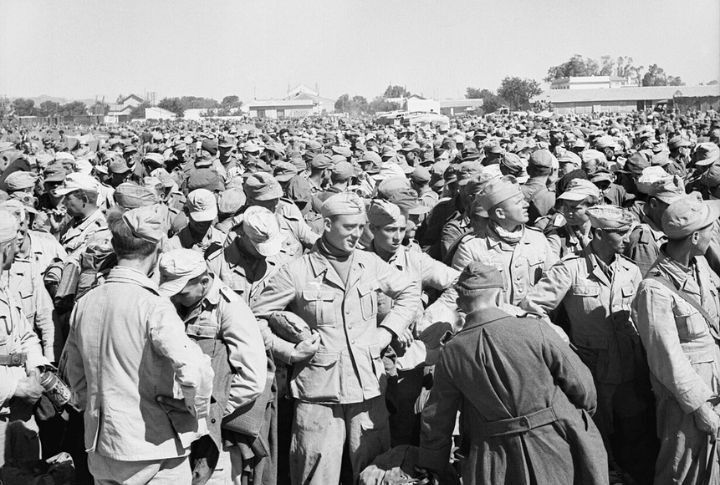
General von Arnim’s forces were trapped and overwhelmed at Tunis, which led to the surrender of over 250,000 Axis troops. Despite pleas from commanders, Hitler denied all withdrawal requests. The loss of valuable soldiers in a doomed theater opened the way for the Allied invasion of Italy and shifted momentum decisively.
Launching The Ardennes Offensive (Battle of the Bulge)
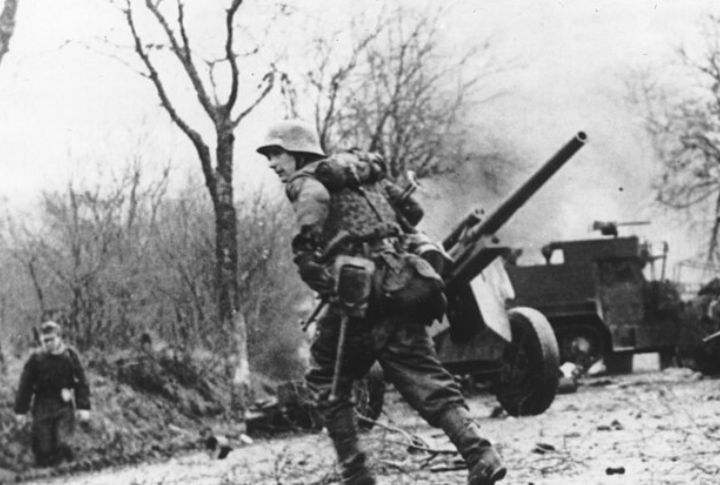
Hitler’s surprise winter assault aimed to divide Allied units but quickly collapsed due to fuel shortages and harsh terrain. German casualties topped 100,000 and weakened Germany’s Western Front defenses permanently. Ignoring all the logistical realities, he still squandered remaining reserves, which proved to be a futile attempt to reverse the tide of war.
Prioritizing V-Rockets Over Battlefield Firepower
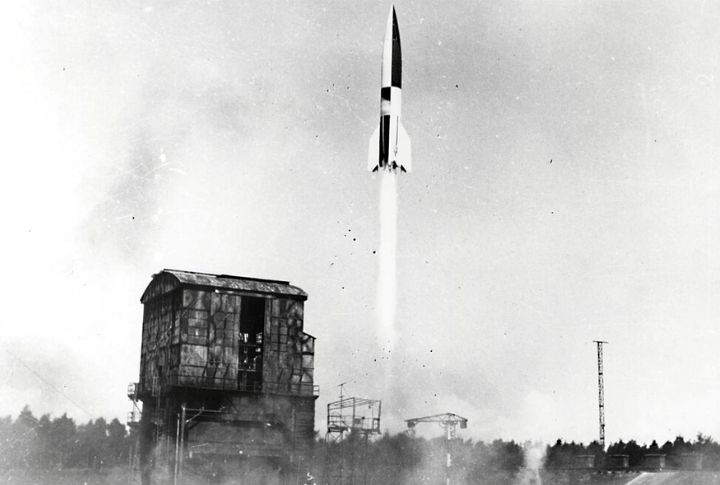
Obsessed with “wonder weapons,” Hitler funneled resources into V-2 rockets that brought psychological impact but little frontline results. While terrifying civilians, those missiles didn’t stop advancing Allied soldiers. This misplaced focus undermined Germany’s conventional firepower and left troops undersupplied with just tanks and air support during critical military campaigns.
Micromanaging Command On The Eastern Front
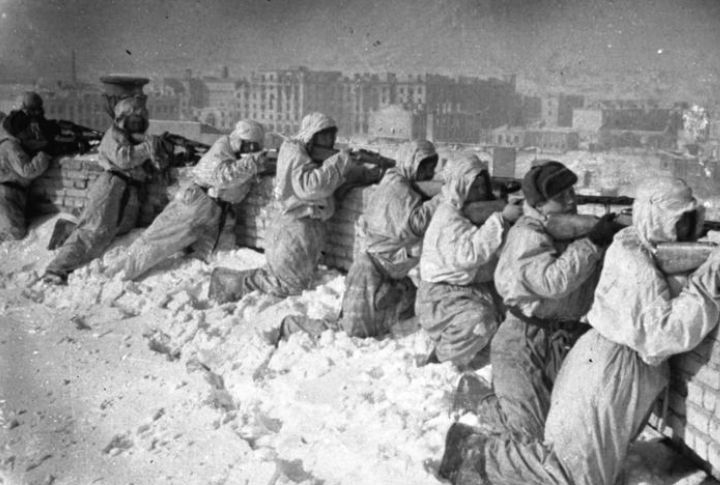
Undermining his generals’ judgment, Hitler’s inflexible orders forbade retreats, even when necessary. His constant interference eroded command autonomy and led to catastrophic encirclements. Since his generals prioritized loyalty over strategy, it resulted in broken operations. Soon, this allowed Soviet units to exploit the rigid German positions repeatedly.

